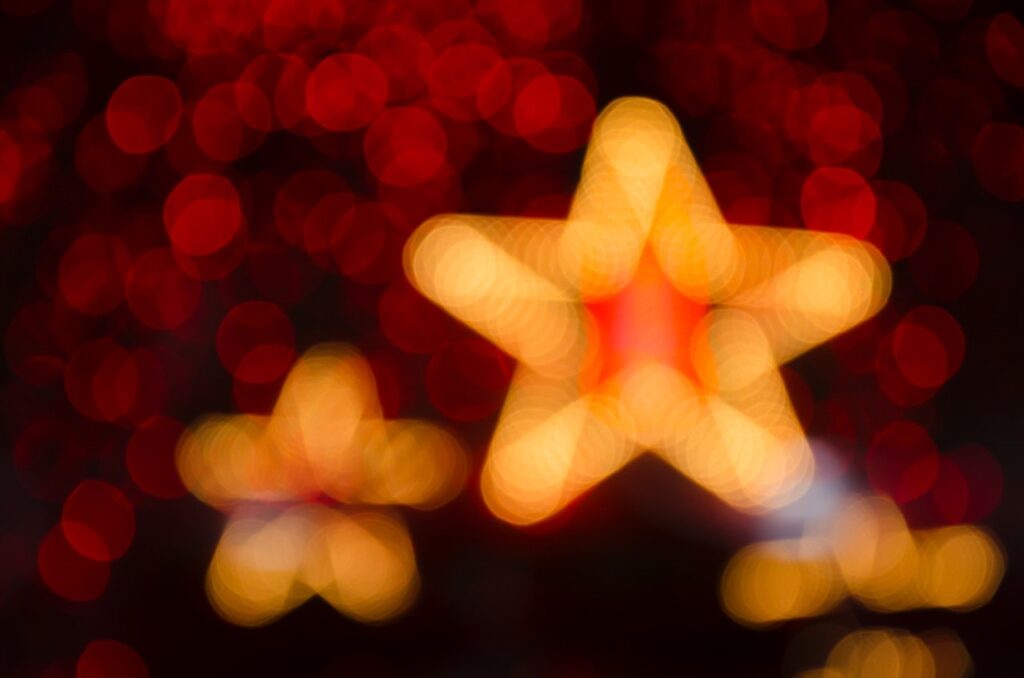We leave Christmas in Hungary behind and travel 3023 km northwest to Iceland.
Located in the North Atlantic Ocean, Iceland is an island covering 103,000 square km and has a small population of around 357,000. More than 60% of the Icelandics live in the capital, Reykjavik - the most northerly capital city in the world.
Iceland celebrates "Bjórdagurinn" or "Beer Day" on 1st March each year to celebrate the end of their 74 year prohibition of the drink (1915 - 1989).
Due to its location on a rift between 2 continental plates, the island has several volcanoes and geysers and the resulting underground natural heat provides them with a great sources of geothermal and hydro power. Iceland's hot springs provide outdoor bathing all year round - the most famous being the Blue Lagoon.
Iceland is a great destination for seeing the Northern Lights (Aurora Borealis) and is very popular with the tourists for this very reason.
What Christmas traditions do they have in Iceland?
When
The Christmas celebrations start in Iceland on 23rd December (St Thorlakur's Day) and end on 6th January (Epiphany).
Religious Influence
Around 80% of Icelandics belong to the Lutheran State Church.
Decorations
Christmas Trees are common and decorated on St. Thorlakur’s Day - these used to be Rowan trees but are now evergreen. They traditionally have a star or crown on top and the Icelandic flag is a common decoration to hang on the tree. There’s a large tree from Norway every year that stands outside the Reykjavík Cathedral. Cemeteries are often decorated with Christmas lights over the Christmas period.

Photo by Daniel Reche from Pexels
Customs
23rd December is a big shopping day for last minute gifts and most stores will remain open until midnight. Christmas celebrations officially begin at 6.00pm on Christmas Eve. Children will open their presents on Christmas Eve after the evening meal.
Christmas Day is spent with extended family. Public entertainment is essentially banned on Christmas Eve and Day since it’s considered inappropriate, but everything starts up again on Boxing Day where many people will go and dance.
Each day from 12th December – 24th December a different Jólasveinn (Jóltide lad) comes from the mountains, these are magical people who are often thought of as imps or elves who are playful and sometimes like to play little tricks on people. They may also leave small gifts for children if they leave their shoes on the windowsill, but if the child has been naughty they might leave a potato which tells them to be good. They start going home on Christmas Day, all of them being gone by 6th January.
Presents are also sometimes brought by Jólasveinn (Jól Man). Everybody should have a new piece of clothing for Jól otherwise the Christmas Cat might eat them, and many people get books too. Children tend to receive a candle and maybe a pack of cards.
Food
On St. Thorlakur’s Day, people will eat a simple meal of skata (magpie). The main Christmas meal is on Christmas day and tends to be ‘Hangikjöt’ which is a leg of roast lamb, traditionally smoked over sheep’s dung (and still done in some places). ‘Rjúpa’ (Rock Ptarmigan) is also common, although not as popular as roast lamb. Also, ‘Laufabrauð’ (leaf bread) is pretty standard which is thin sheets of dough cut into delicate patterns and fried with each family having their own pattern.
Our next stop on our Christmas tour around the world is India.